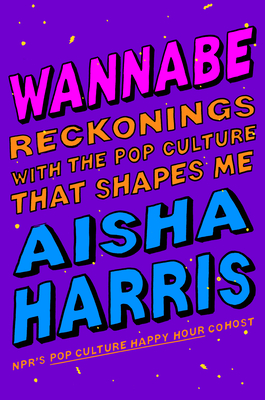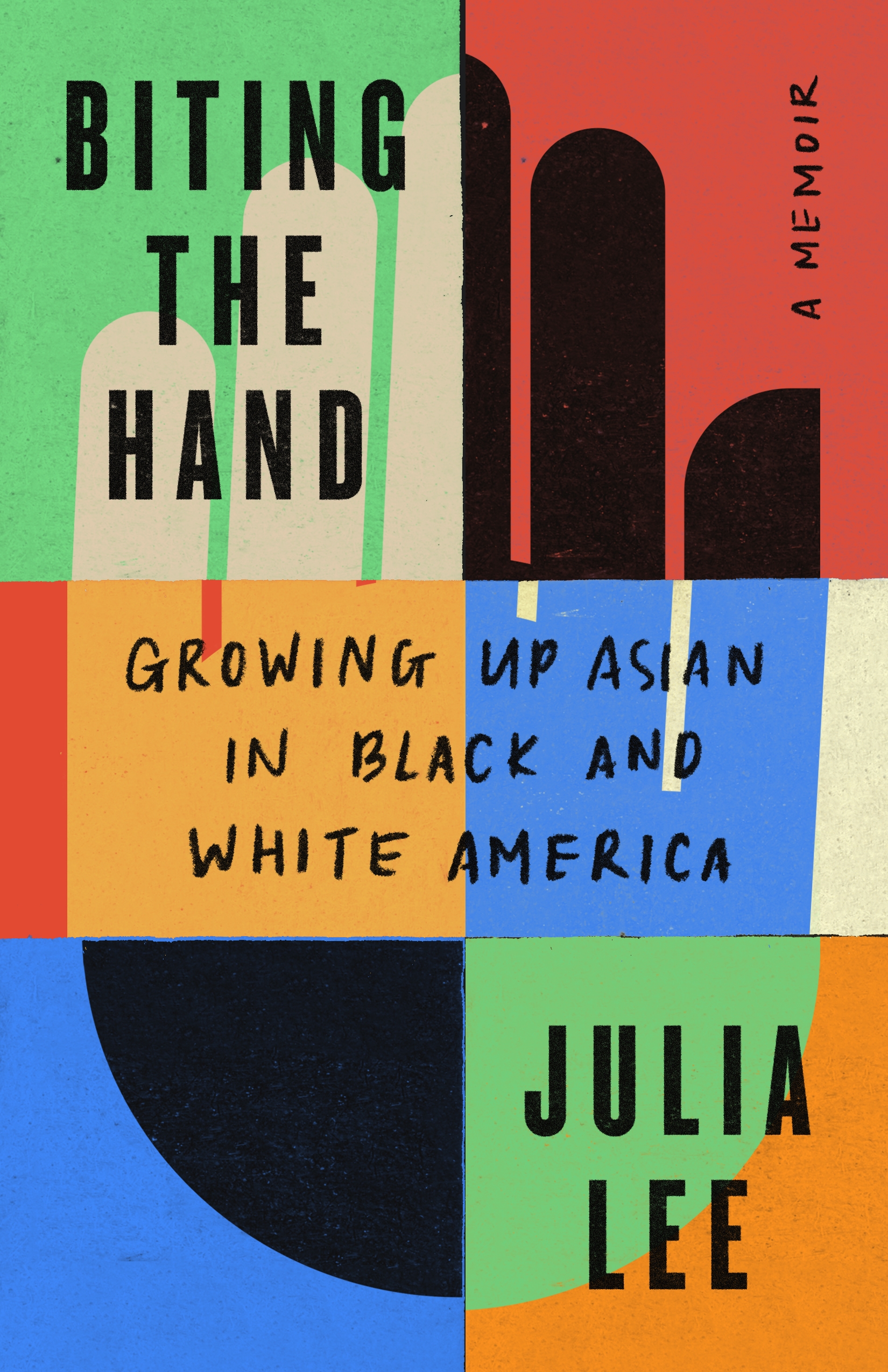
Wannabe: Reckonings with the Pop Culture That Shapes Me
Book Description
What happens when the soundtrack of your life collides with the cultural touchstones that define generations? Aisha Harris dives deep into the kaleidoscope of pop culture, exploring how music, film, and TV shape identities, dreams, and realities. With razor-sharp wit and profound insight, she confronts the complexities of race, representation, and nostalgia, unraveling the intricate web of influences that mold individual perspectives. Each chapter is a thrilling exploration of the moments that resonate, challenge, and inspire. Can we truly escape the narratives we consume, or do they shape us in ways we can’t even fathom?
Quick Book Summary
"Wannabe: Reckonings with the Pop Culture That Shapes Me" by Aisha Harris is a thought-provoking collection of essays examining the profound impact of pop culture on individual identity, particularly through the lens of race and representation. Drawing on her experiences as a Black woman navigating the worlds of music, movies, and television, Harris interrogates how cultural narratives inform our self-image, our dreams, and even our limitations. With sharp humor and personal candor, she blends nostalgia with critical analysis, questioning the stories we've inherited and the media we've embraced. The book challenges readers to reflect on their own relationships with pop culture, urging an awareness of both its joys and the ways it can subtly shape, confine, or liberate us.
Summary of Key Ideas
Table of Contents
Identity Formation Through Pop Culture
Aisha Harris begins by illustrating how pop culture forms the backdrop of our earliest memories and aspirations. Growing up immersed in music, television, and film, she recounts how these influences not only offered entertainment but also functioned as a mirror and mold for identity. Harris explores her own journey of "wannabe-ism," tracing how emulating pop icons and storylines affected her sense of self, fostering belonging while sometimes highlighting difference. The essays underscore the formative power of cultural consumption, showing how pop narratives help us frame our ambitions and self-understanding.
Race, Representation, and Visibility
A central theme is the complexity of race and representation within mainstream media. Harris articulates the challenges and triumphs of seeing—and not seeing—yourself reflected in the pop cultural canon. She examines the evolution of Black visibility, from tokenism to more authentic portrayals, and the emotional resonance of finally encountering nuanced characters that defy stereotypes. Through personal anecdotes and incisive critique, Harris interrogates who gets to tell stories, who gets to belong, and how media inclusivity shapes societal norms and personal hopes.
Nostalgia and Critical Reflection
Nostalgia weaves through Harris’s essays, inflected both by longing and skepticism. She dissects the allure of revisiting old favorites, the comfort and community found in shared pop references, and the ways nostalgic media viewings can invite critical reassessment. Rather than succumbing to nostalgia uncritically, Harris considers what we miss when we idealize the past and how returning to seminal works with fresh eyes can reveal both their charms and their problems.
Challenging Cultural Narratives
In challenging dominant cultural narratives, Harris unpacks the often-unquestioned myths embedded in beloved music, movies, and shows. She addresses how certain narratives reinforce prejudices or limit the scope of possibility, especially for marginalized groups. Her essays encourage readers to ask hard questions: Whose stories are we consuming, and what values do they reinforce? Harris highlights the importance of questioning familiar narratives to pave the way for broader, more inclusive cultural storytelling.
The Double-Edged Sword of Media Influence
Ultimately, Harris reflects on the double-edged sword of media influence. While pop culture can liberate, inspire, and validate, it can also restrict, exclude, or mislead. The book closes with a call for media literacy and active engagement with the pop culture we consume. Harris argues for the potential of media to foster empathy and connection while advocating for an ongoing, critical dialogue about its impact on our perceptions, dreams, and realities.
Download This Summary
Get a free PDF of this summary instantly — no email required.





